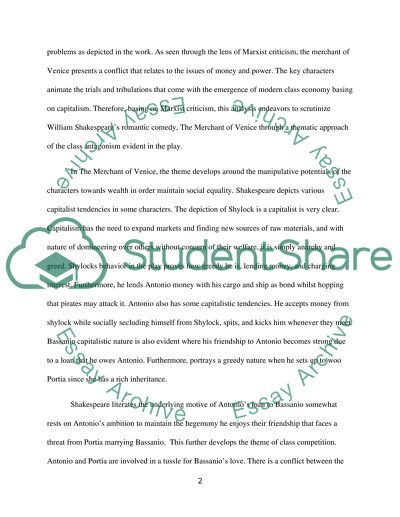Cite this document
(“The Merchant of Venice Essay Example | Topics and Well Written Essays - 1000 words”, n.d.)
Retrieved de https://studentshare.org/literature/1480694-the-merchant-of-venice
Retrieved de https://studentshare.org/literature/1480694-the-merchant-of-venice
(The Merchant of Venice Essay Example | Topics and Well Written Essays - 1000 Words)
https://studentshare.org/literature/1480694-the-merchant-of-venice.
https://studentshare.org/literature/1480694-the-merchant-of-venice.
“The Merchant of Venice Essay Example | Topics and Well Written Essays - 1000 Words”, n.d. https://studentshare.org/literature/1480694-the-merchant-of-venice.


